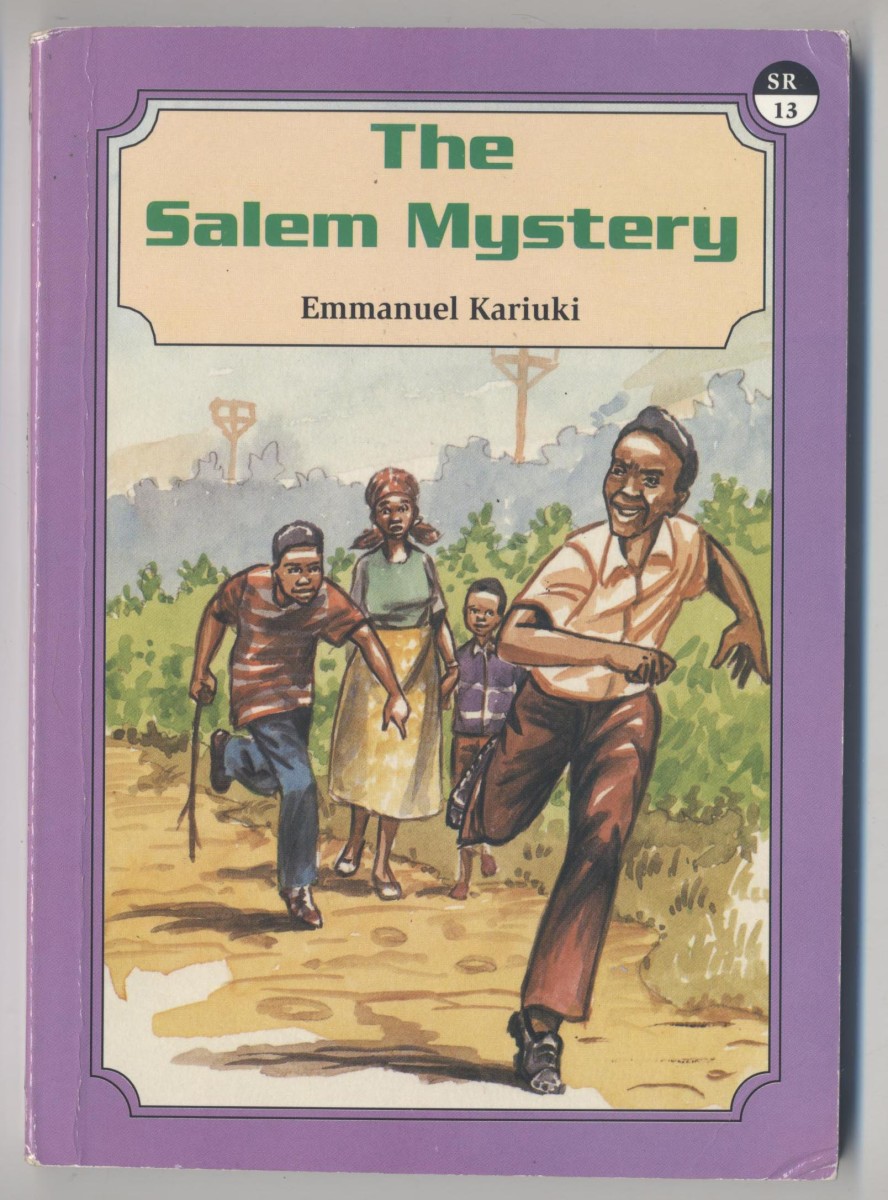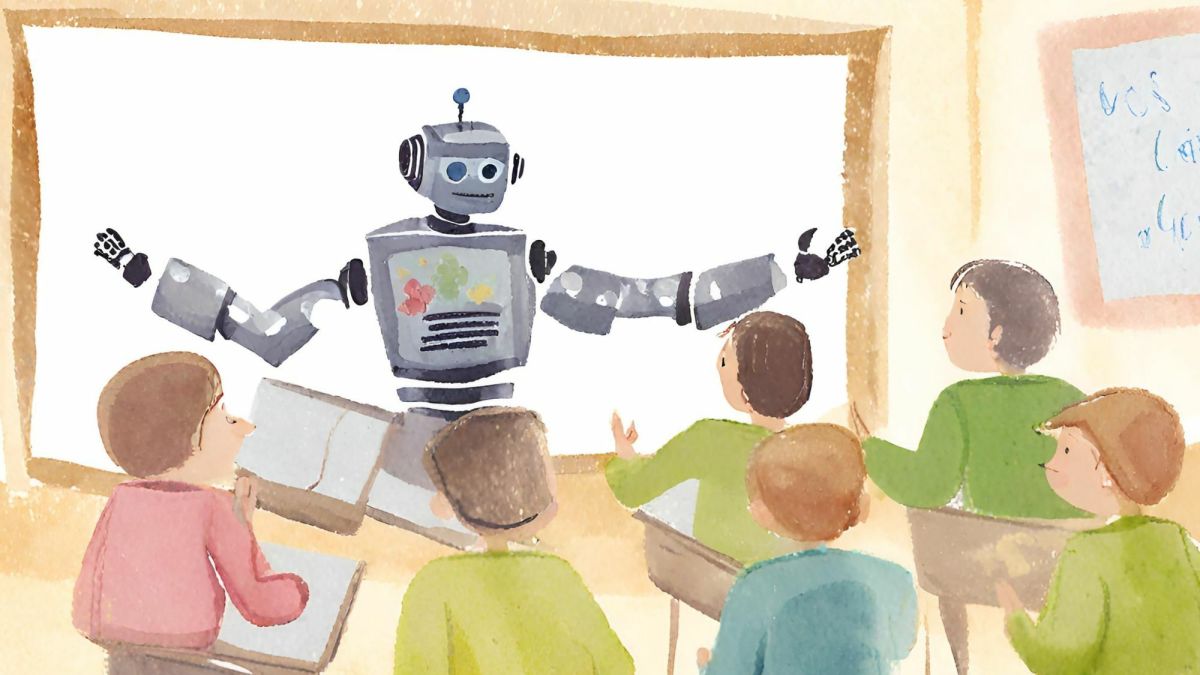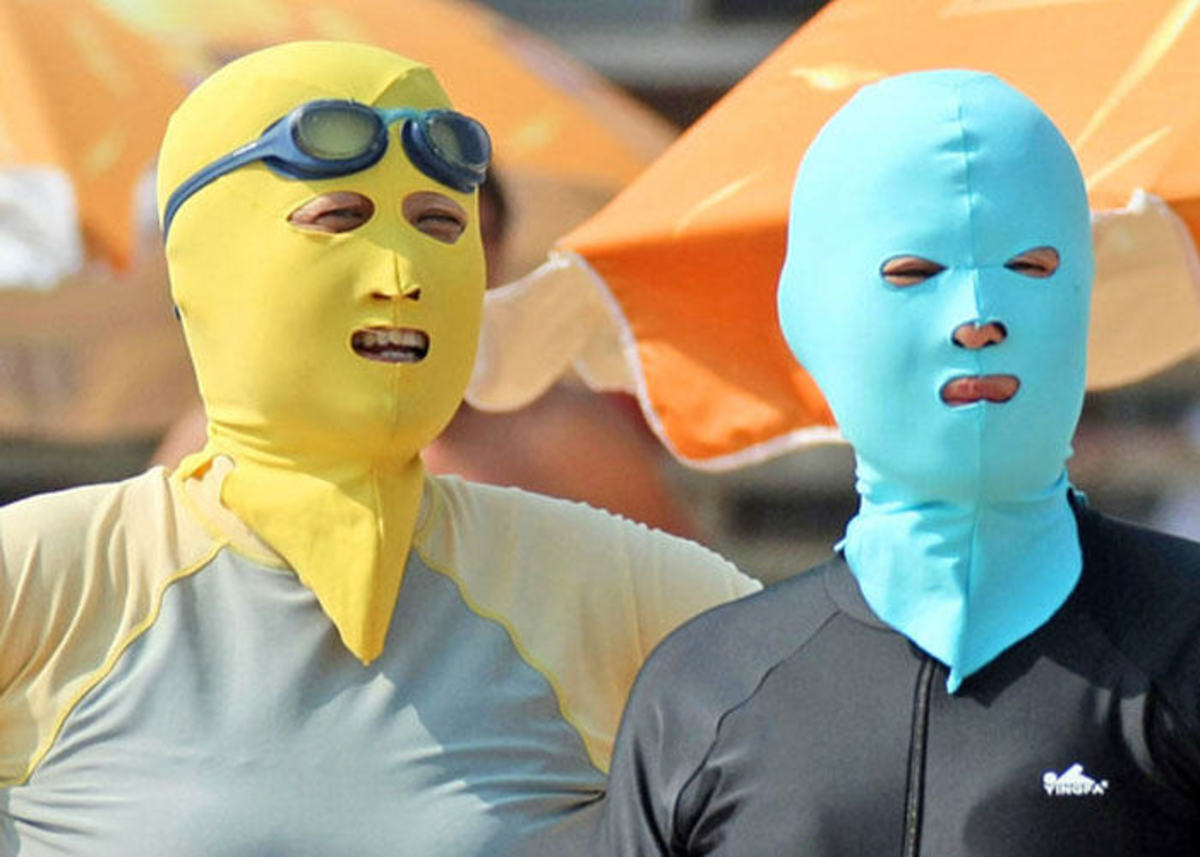Another Set of Textbooks That Never Been Published in Vietnam
The books from unknown sender
More than a year ago, I received a set of textbooks sent to my editorial office. The letter was very formal, showing that this was a set of textbooks sent to me, but the letter did not tell me what to do with the books.
I am confused. In front of me is a set of K-12 textbooks, which are compiled separately, different from the books published by Education Publishing House. It has enough subjects at many levels of study. These books have a separate educational methodology. Behind it, of course, is an intellectual group with a large amount of research time, lasting many years.
This editorial group must have worked for non-profit purposes. Because textbooks are now exclusive by the state, their books can't be published. The most significant achievement of this set of textbooks, if any, is just the introduction of a new scientific method. The number of people that these books can reach will also be very limited.
I have never dared to contact those who voluntarily wrote that "textbooks". Because I'm afraid. In my life, I sometimes propose some brief thoughts through several articles, the longest time of research is only two months. I can't imagine that some people write a this pile of books. What do they expect from writing such a book? And how can I help them?
These people might not be foolish enough to think that their books could get into the current market. The current textbooks are protected not only by law, economic benefits but also by educational thinking that exists for centuries. So what do they expect?
I kept the books on my desk. Occasionally, a colleague passed by, looked at a few pages, praised it well, and asked for a copy for his children. I think about the barriers that a new set of textbooks can meet, and have never been brave enough to go deeper into this topic.
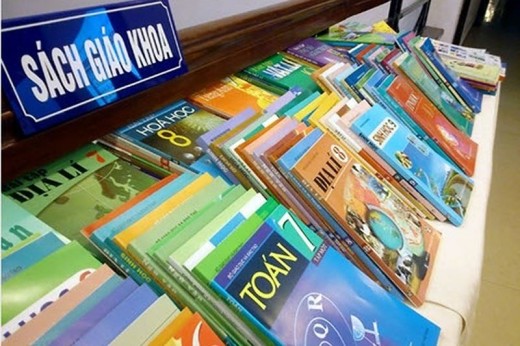
Discussions about having more than one set of textbooks
But today, in the National Assembly, Vietnam's legislators are talking about having more than one set of textbooks. Now is the time for us - as educated beneficiaries - to seriously think about the diversity in education.
There are at least two delegates, quoted by VnExpress, wondering if there are many textbooks, that can make it difficult to organise the general exams. A delegate said that the selection of textbooks based on the opinion of parents and students is unreasonable because "they don't know anything to comment".
This is a good example of what a new set of textbooks will face: the fear of being deviated from the current education system. The current system, with the "common exam", is the ultimate expression, has never been thoroughly revisited. Although it sometimes fixes some minor details, it is still a typical former competition-examinations system, with rewards for those who pass the exams to go to higher levels. This system, due to the historical context, is designed in detail by a single government agency, from top down.
The beneficiaries are familiar with this design. They are educated, in many ways, that they need to follow the "regular" system to have a good life. A good study is to pass tests well. A good test result is to have a good degree. Who has a good degree will have a good life.
Even congressional delegates think backward this way, that the exam is the most important thing in education. How to test the students if there are many sets of textbooks?
In the Poor Economic, two economists Banerjee and Duflo have a very harsh remark: "The curriculum and organization of schools in some countries often keep the same form from colonial times, when schools are required to be the places training elite local people to become effective agents for the colonial government... Today's learners are different from the past but teachers still consider their tasks is to prepare the best students for difficult exams". I haven't enough knowledge to judge whether these "countries" include Vietnam, but it hurts every time I think about it.
Either way, this competition-examinations system is outdated. The government is no longer in the position of the 70-80 decade, capable of rewarding all members if they take the government exam well.
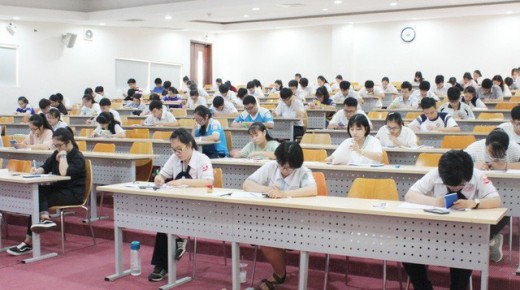
Think about the diversity in education
In Vietnam, the economy has moved into a new state. No more central planning. Private economy has become the largest sector. Competition is a vital factor. Diversity is a thrust. Here, each economic component holds its own exam and is responsible for rewarding their exams.
The media companies "organizes the exam" to find qualified candidates that are different from the construction companies. Japanese employers will look for candidates different from Chinese employers. Private universities have the right to "organize examinations" to find qualified candidates different from the Ministry of Education (because they grasp the needs of Japanese employers or media companies listed above). Even every company designs its own educational program, shaping the people they need. Society develops with millions of such exams.
The economy moves without anyone's permission. Some legislators still freak out with the current competition-examinations system as if it is obvious. But they cannot force the private sector to accept their diplomas. Private sector will set their own standards, sometimes neglect the candidates who get 9 points in Literature according to Education Publishing House's textbooks.
In this new economy, education needs to be thoroughly socialized - to provide society with the variety it needs, creating people who are encouraged to develop different capacities, not the people only pass a general exam well. The government is still there, in charge of ensuring equality and using its research resources to design a good "general program". But the method of communication, the creativity in education, needs to be continuously studied and supplemented by many different forces.
To better understand this diversity, imagine that the Ministry of Health will rigidly regulate the treatment regimen for all diseases. Private hospitals, enthusiastic researchers are no longer able to self-study and propose new regimens. Medicine development will stop if that happens. No one is stupid enough to think this way. The Ministry of Health is only there to ensure the most essential scientific standards. Similarly, the Ministry of Construction did not give the design of all buildings built in the country. The Ministry of Industry and Trade does not specify the method of operating a business.
This year, my son will go to elementary school. My son, even if he is only one out of millions of children, to me, he will always be a special individual. At the age of five, he was mature enough to know he likes drawing more than he likes English, and he better at space than abstract logic. I could not bear the thought that he must go through the entire stereotypical system that his father had gone through. And more than ever, I wish there are more educational methods to choose from. More than ever, I would like to have more than one school to apply new research, like the group of intellectuals writing the books that I don't dare to face up above.
I don't know how my son will become. But there is one thing I am sure: in his generation, the "common exam", the top-down educational philosophy which follows only one standard, is no longer suitable for human existence in society.




